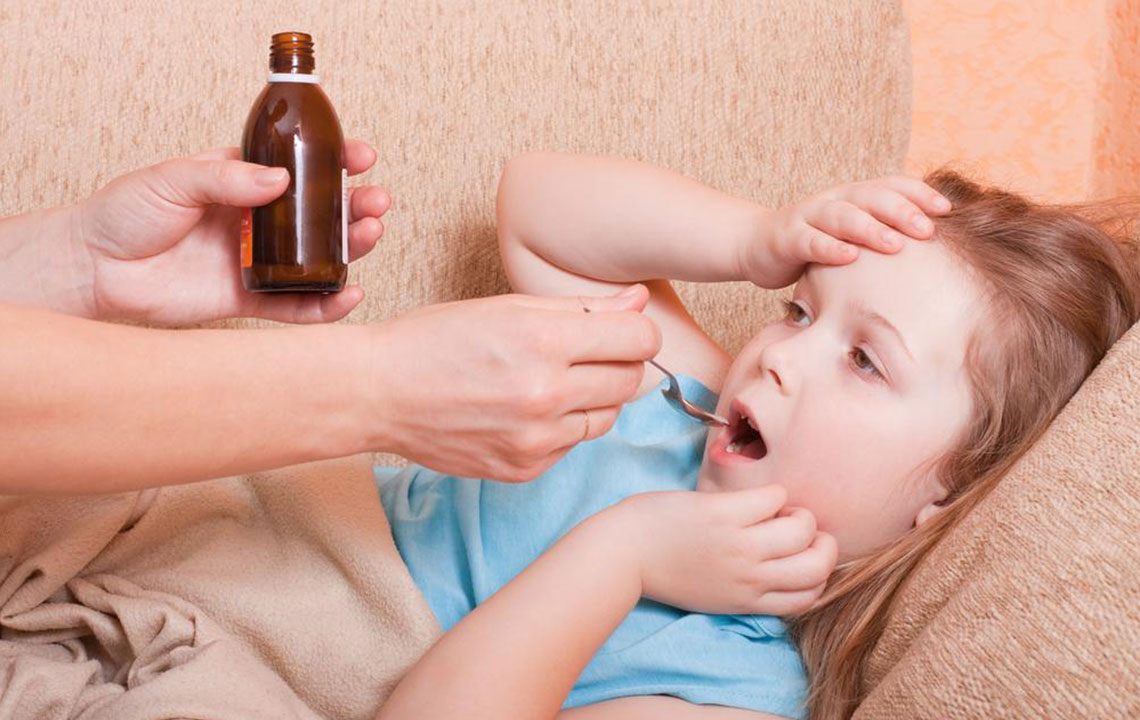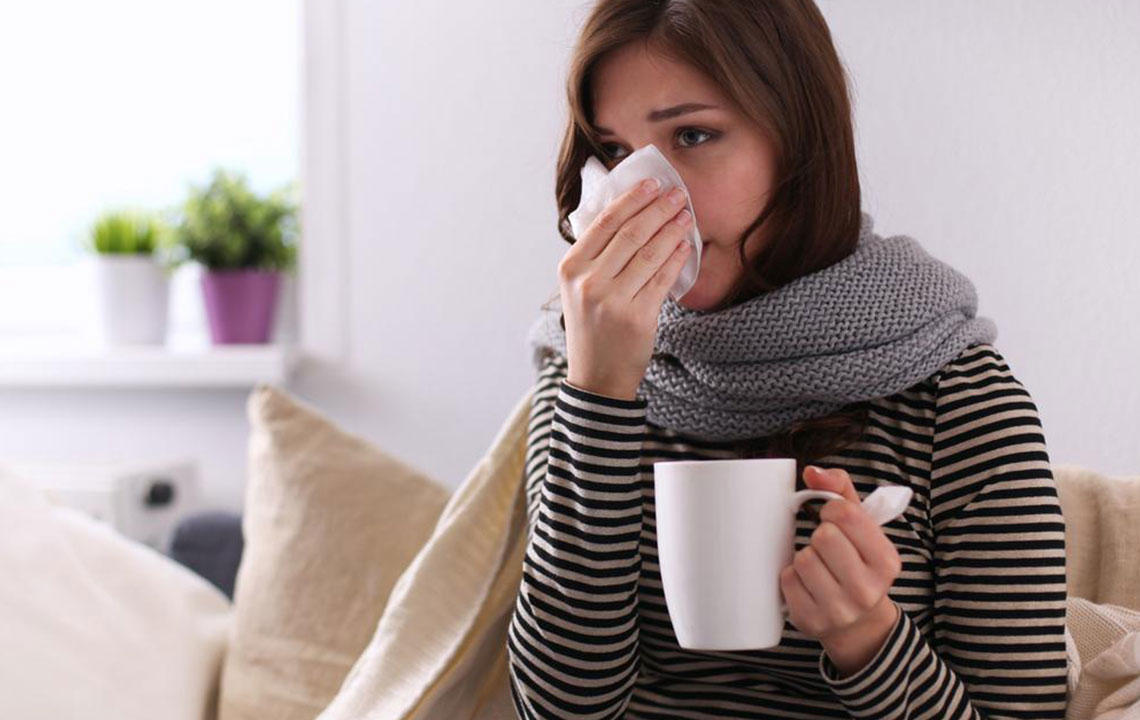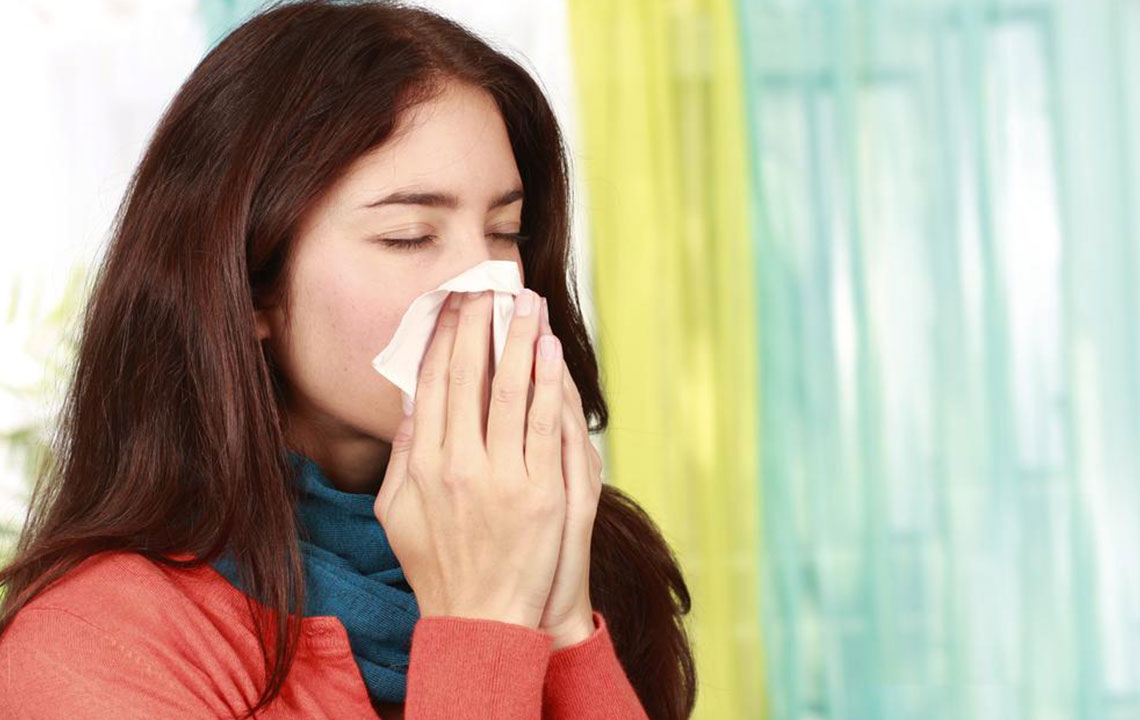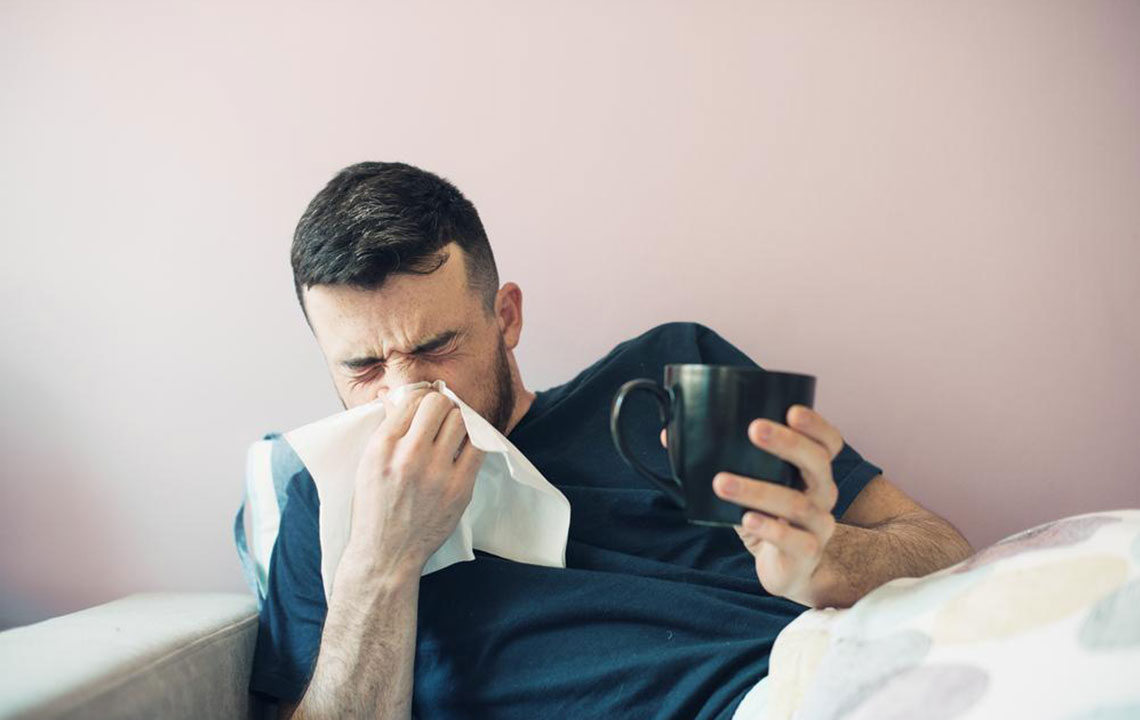Comprehensive Guide to Effective Sinus Allergy Management and Relief Strategies
Explore comprehensive strategies for managing sinus allergies and infections including medications, home remedies, and preventive tips to achieve long-term relief. This guide highlights causes, symptoms, and treatment options for effective sinus health management.

Understanding Sinusitis and Effective Allergy Relief Methods
Sinusitis, commonly known as a sinus infection, occurs when the mucous membrane lining the sinuses becomes inflamed or swollen. This condition can cause significant discomfort and disrupt daily life if not properly managed. The inflammation often results from mucus buildup, which can be triggered by common colds, allergic reactions, or structural abnormalities within the nasal passages like polyps. Recognizing the different types of sinusitis is crucial for proper treatment — acute sinusitis appears suddenly and lasts a few days, while subacute sinusitis persists for weeks, and recurrent sinus issues keep recurring throughout the year.
Delayed or improper treatment of sinus infections can lead to persistent symptoms, including nasal congestion, facial pain, headache, fever, bad breath, and a diminished sense of smell. Chronic sinusitis often presents with a combination of nasal blockage, nasal discharge (which may be thick and discolored), and pressure or pain around the face and forehead. The causes are multifaceted—ranging from allergic responses and exposure to environmental irritants to structural issues within the nasal cavity, such as deviated septum or nasal polyps. Understanding these underlying factors is essential for selecting the appropriate treatment strategy.
Effective Medications and Natural Remedies for Sinus Relief
For mild sinus infections, healthcare providers often recommend a combination of medications and home-based remedies to alleviate symptoms. Over-the-counter (OTC) decongestants, such as pseudoephedrine or phenylephrine, can reduce nasal swelling and improve airflow. However, these should be used with caution—specifically, not exceeding three consecutive days—to prevent rebound congestion, where symptoms worsen after stopping the medication. Saline nasal sprays or rinses can help clear mucus and reduce nasal irritation, providing relief without side effects.
Steam inhalation remains a popular and effective home remedy. Using a vaporizer or carefully inhaling steam from a bowl of hot water with added essential oils like eucalyptus or menthol can loosen mucus and soothe inflamed nasal tissues. Warm compresses applied to the face over the sinus areas can also decrease facial pressure and alleviate pain. In some cases, healthcare professionals might prescribe nasal steroids or antihistamines, especially if allergies are a contributing factor. It is vital to follow medical advice and avoid self-medicating, particularly when dealing with children or individuals with other health conditions.
Targeted Causes and Why Proper Treatment is Critical
Sinus infections are often caused by viral or bacterial invasion leading to sinus cavity inflammation. These infections can sometimes originate from upper respiratory infections, allergies, or chronic nasal structural issues. If not adequately treated, the infection can become persistent or secondary bacterial infections may develop, causing more severe symptoms such as high fever, facial swelling, and persistent headaches. In extreme cases, untreated sinusitis can cause complications like cellulitis, orbital abscess, or meningitis.
Relying solely on self-treatment might offer temporary relief but does not address the root cause of the infection. Therefore, seeking professional healthcare intervention is critical. A doctor may recommend diagnostic imaging such as CT scans to assess sinus anatomy and identify any structural abnormalities. Completing prescribed treatments—including antibiotics if bacterial infection is diagnosed, or antihistamines for allergies—is important to prevent recurrence.
Preventive measures play a key role in managing sinus health. Regular nasal hygiene, avoiding known allergens, quitting smoking, maintaining good hand hygiene, and managing environmental irritants can significantly reduce the risk of sinus infections. For those with recurrent issues, allergy testing and structural corrections might be recommended. Early diagnosis and comprehensive treatment are vital for restoring sinus health, preventing potential complications, and maintaining an optimal quality of life.





